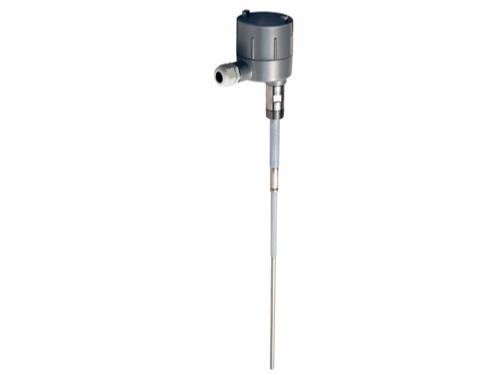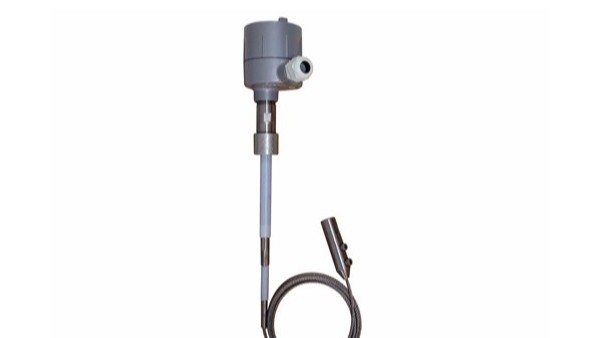Modern industrial measurement instrumentation industry, the development is more and more rapid, the instrumentation technology is more and more mature, and the failure rate is also reduced, thus promoting the service life of extended, but this does not mean that the instrumentation will not produce failure, any instrumentation in its “life” of the working life will have the probability of failure. What we are going to talk about today is the radio frequency admittance level meter, if it is in the measurement of failure, we should find the reasons from which aspects.

RF admittance level meter is a kind of anti-new level control technology developed from capacitive type, it is the upgrade of capacitive level technology, this statement is not wrong at all. The traditional capacitive level meter cannot eliminate the influence of the electrode suspension material on the measurement, especially when measuring viscous conductive material, the error is extremely serious, which greatly limits the use and development of the capacitive level meter.
When the material level drops from high to low material level, a layer of adhesive may remain on the probe, producing a false level and bringing errors to the measurement. Due to the small cross-sectional area of the hanging material, the equivalent resistance of the hanging material is large, and the hanging material can be regarded as composed of many tiny resistances and capacitors.
As long as the adhesive layer is long enough, the resistance and capacitance of the adhesive layer have the same impedance, which is the RF conductivity theorem, the outer wall of the container with the adhesive layer on the measuring electrode is grounded, and a high-frequency excitation signal is applied between the measuring electrode and the ground.
There is no direct current flow between the measuring electrode and ground, therefore, there is no direct current flow between the measuring electrode and ground, therefore, the current is measured and the actual level of the tank can be obtained.

Above we understand the measurement principle of the RF conductivity level meter, and then we analyze together the causes of its failure and need to consider what aspects. The first thing to consider is whether the sensor has a problem, using an analog ohmmeter to measure the resistance between the sensor terminals, including the resistance between the center line and the shield, the resistance between the shield and the ground, and the resistance between the center line and the ground. When there is no hanging material in the air of the sensing element, the resistance values of the above three resistances should be infinite.
If there is hanging material on the sensing element, the resistance value of the resistor is lower. Under normal circumstances, the minimum resistance value when there is hanging material on the sensor is 1000Ω between the center line and ground, 600Ω between the center line and the shield, and 300Ω between the shield and ground. secondly, you need to check the electronic unit, move the sensor power supply and signal line, plus the 15~28VDC power supply, check the calibration system, and check whether the system output signal is within 4~20mA with the signal generator. Finally, you also need to check the transmission cable. Water or conductive objects in the conduit may cause the instrument to malfunction.
Generally speaking, if the RF conductor level meter fails, probably need to consider the above aspects, from which to find the problem. Of course, it does not exclude other reasons, after all, different working conditions are different, and need to analyze according to the actual situation
